As the world grapples with the environmental challenges of the 21st century, one simple yet revolutionary solution is quietly reshaping the way we think about cleanliness: probiotic cleaning. For us at GoodBasics, this phenomenon is the foundation of how and why we exist— and we are so excited to be able to share its wonder with you.
At its core, probiotic cleaning reimagines the very concept of cleaning by drawing inspiration from nature’s own wisdom. In an era when ecological balance is under threat, this method of cleaning channels the forces of nature, grounded by science, and embraces the dynamic interplay of microorganisms to restore harmony in our homes and workplaces. Powered by probiotics, we’re rethinking what cleaning really means.

Probiotic cleaning offers a more sustainable, holistic way to maintain clean and healthy spaces. It taps into the same principles that have governed the natural world for eons: balance, biodiversity, and cycles of renewal. It’s an approach that mirrors the processes of the Earth itself, in which waste is not something to be discarded, or stripped away, but rather— it is something to be transformed. Probiotic cleaners are the embodiment of this principle, turning organic waste or stains into nutrients for themselves, and ultimately promoting the growth of beneficial bacteria. Probiotic cleaning helps us return to the natural rhythms of life.
 The idea of probiotic cleaning might sound like a recent innovation, but it is deeply rooted in the ancient biological wisdom of the Earth. Probiotics—beneficial microorganisms that naturally inhabit environments—have long been part of the cycles that maintain ecological balance. These microbes, often bacteria or fungi, are indispensable in ecosystems where they break down organic matter, recycle nutrients, and support the health of the soil, water, and air. In the world of probiotic cleaning, the same microorganisms that help break down organic material in forests, oceans, and soils are brought into our homes and offices. These ‘good’ microbes act as cleanup crews, digesting oils, grime, food particles, and other organic waste that tend to accumulate on surfaces. But, unlike traditional cleaners that often rely on harsh, synthetic chemicals to wipe out both good and bad bacteria, probiotic cleaners invite nature’s helpers into our homes, allowing them to flourish and do what they do best: restore balance.
The idea of probiotic cleaning might sound like a recent innovation, but it is deeply rooted in the ancient biological wisdom of the Earth. Probiotics—beneficial microorganisms that naturally inhabit environments—have long been part of the cycles that maintain ecological balance. These microbes, often bacteria or fungi, are indispensable in ecosystems where they break down organic matter, recycle nutrients, and support the health of the soil, water, and air. In the world of probiotic cleaning, the same microorganisms that help break down organic material in forests, oceans, and soils are brought into our homes and offices. These ‘good’ microbes act as cleanup crews, digesting oils, grime, food particles, and other organic waste that tend to accumulate on surfaces. But, unlike traditional cleaners that often rely on harsh, synthetic chemicals to wipe out both good and bad bacteria, probiotic cleaners invite nature’s helpers into our homes, allowing them to flourish and do what they do best: restore balance.

This method mirrors the intricate dynamics of natural ecosystems, where organisms coexist, outcompeting harmful species and keeping the environment healthy. Probiotic cleaning both removes visible dirt and re-establishes balance within the microbial world, making it more resilient, sustainable, and self-sufficient.
To truly understand how probiotic cleaning mirrors the Earth’s ecosystems, it helps to consider how microbial communities function in nature. Ecosystems—whether in a forest, a wetland, or your backyard—thrive because of the diverse microorganisms that occupy them. This diversity is key: each species performs a specific role that contributes to the overall stability of the ecosystem. Without one of these roles, the system would collapse. Interdependence is key to the kind of harmony that forms the blueprint of life.
In the world of cleaning, microorganisms play the role of decomposers. Just as in nature, where bacteria, fungi, and other microbes break down dead organic matter into valuable nutrients, probiotics in cleaning work to digest food waste, grease, and dirt on household surfaces. But rather than leaving toxic residues or disrupting the balance, these good microbes simply consume the waste, converting it into harmless by-products that support the health of the space. Nothing is left behind that could cause harm to our living environments; and this is in stark contrast to conventional cleaning products, which indiscriminately kill bacteria, and leave behind trace toxins that we have simply had to accept as a consequence for having clean, hygienic spaces.
 Probiotic cleaners nurture specific microbial communities. They create an environment in which helpful bacteria thrive, while preventing the spread of harmful pathogens by outcompeting them for resources. This is akin to the process of natural succession in ecosystems, in which dominant species emerge to restore stability after disturbance. By reintroducing beneficial microorganisms, probiotic cleaners help restore the natural microbial balance to the surfaces they inhabit, creating a healthier environment overall. One of the most compelling ways probiotic cleaning mirrors the natural world is through its engagement in waste degradation and nutrient cycling. In ecosystems, the process of decomposition—the breakdown of organic material by microbes—plays a pivotal role in recycling nutrients. This process sustains the life cycles of plants, animals, and all other living beings, ensuring that organic matter is not wasted but reintroduced into the system in a form that can be used again.
Probiotic cleaners nurture specific microbial communities. They create an environment in which helpful bacteria thrive, while preventing the spread of harmful pathogens by outcompeting them for resources. This is akin to the process of natural succession in ecosystems, in which dominant species emerge to restore stability after disturbance. By reintroducing beneficial microorganisms, probiotic cleaners help restore the natural microbial balance to the surfaces they inhabit, creating a healthier environment overall. One of the most compelling ways probiotic cleaning mirrors the natural world is through its engagement in waste degradation and nutrient cycling. In ecosystems, the process of decomposition—the breakdown of organic material by microbes—plays a pivotal role in recycling nutrients. This process sustains the life cycles of plants, animals, and all other living beings, ensuring that organic matter is not wasted but reintroduced into the system in a form that can be used again.
 Probiotic cleaners embrace this principle of waste transformation. Instead of simply wiping away dirt and leaving behind a sterile, chemically-laden surface, probiotic cleaners break down organic residues into smaller, more manageable components. Probiotic bacteria target the organic materials that build up on surfaces—such as grease, dirt, and food particles—and decompose them, leaving no waste behind. Just as in nature, where decomposers transform waste into nutrients for new life, probiotic cleaners create cleaner spaces that are constantly in a state of renewal, rather than relying on chemical agents that often accumulate as pollutants.
Probiotic cleaners embrace this principle of waste transformation. Instead of simply wiping away dirt and leaving behind a sterile, chemically-laden surface, probiotic cleaners break down organic residues into smaller, more manageable components. Probiotic bacteria target the organic materials that build up on surfaces—such as grease, dirt, and food particles—and decompose them, leaving no waste behind. Just as in nature, where decomposers transform waste into nutrients for new life, probiotic cleaners create cleaner spaces that are constantly in a state of renewal, rather than relying on chemical agents that often accumulate as pollutants.
 In this way, probiotic cleaning mimics the Earth’s circular systems, where nothing is truly wasted. Rather than contributing to pollution or environmental degradation, probiotic cleaning encourages an ongoing cycle of regeneration, and we reckon this is pretty amazing. At GoodBasics, we are learning to think of waste as not something to be disposed of—it is something to be transformed and reintroduced into the cycle of life. By engaging in this process, probiotic cleaners help restore ecological health to our indoor environments, and reduce our dependence on products that can harm the planet.
In this way, probiotic cleaning mimics the Earth’s circular systems, where nothing is truly wasted. Rather than contributing to pollution or environmental degradation, probiotic cleaning encourages an ongoing cycle of regeneration, and we reckon this is pretty amazing. At GoodBasics, we are learning to think of waste as not something to be disposed of—it is something to be transformed and reintroduced into the cycle of life. By engaging in this process, probiotic cleaners help restore ecological health to our indoor environments, and reduce our dependence on products that can harm the planet.
The natural world thrives on biodiversity—the existence of many different species, each performing a specific function. Probiotic cleaning fosters this kind of biodiversity on a microscopic scale. By introducing beneficial bacteria into our homes, probiotic cleaners encourage the growth of a healthy, diverse microbial community on surfaces. This diversity ensures that no single organism becomes dominant, preventing harmful bacteria from taking over. Our homes can never be totally sterile spaces— and for the sake of our immune function— nor should they be. Just as healthy soils teem with diverse microorganisms that cooperate to create fertile land, probiotic cleaners create environments that are teeming with helpful microbes. This diversity supports the cleaning process, as different strains of bacteria work together to break down various organic materials, maintain surface integrity, and protect against the growth of pathogens. It’s a delicate balance—just as in a forest in which trees, fungi, and bacteria work in concert to maintain soil health.
 In the world of probiotic cleaning, this microbial community becomes an ecosystem in itself, contributing to long-term cleanliness and hygiene. The more diverse the microbial community, the more resilient the environment becomes, reducing the need for frequent chemical treatments. This proactive approach to microbial health helps create cleaner, safer, and more sustainable spaces.
In the world of probiotic cleaning, this microbial community becomes an ecosystem in itself, contributing to long-term cleanliness and hygiene. The more diverse the microbial community, the more resilient the environment becomes, reducing the need for frequent chemical treatments. This proactive approach to microbial health helps create cleaner, safer, and more sustainable spaces.
Central to our vision at GoodBasics, how we can deploy probiotic cleaning as an extension of our unwavering commitment to sustainability. Conventional cleaning products often rely on toxic chemicals that pollute the environment, harm aquatic life, and contribute to the breakdown of ecosystems. These chemicals can have long-lasting effects, lingering in our water systems and soil, affecting everything from local wildlife to human health. Probiotic cleaning, on the other hand, represents a shift towards an ecologically responsible way of cleaning. By using naturally occurring microorganisms, probiotic cleaners reduce the need for harsh chemicals. Many probiotic products are biodegradable, free from synthetic fragrances, and non-toxic, making them safer for both humans and the environment.  Probiotic cleaning is a way of living in harmony with the planet, and we live at a time in which science has enabled us to synthesize probiotics to restore balance in a multitude of ways, for your various needs in your home. We’re tapping into nature’s wisdom and harnessing the power of microbes to restore balance, promote sustainability, and foster long-term health. By embracing probiotic cleaning, we are reminded that the Earth’s systems are designed for balance and renewal, and it’s time we learned to live in tune with those rhythms again.
Probiotic cleaning is a way of living in harmony with the planet, and we live at a time in which science has enabled us to synthesize probiotics to restore balance in a multitude of ways, for your various needs in your home. We’re tapping into nature’s wisdom and harnessing the power of microbes to restore balance, promote sustainability, and foster long-term health. By embracing probiotic cleaning, we are reminded that the Earth’s systems are designed for balance and renewal, and it’s time we learned to live in tune with those rhythms again.
In a world where environmental destruction is a pressing concern, probiotic cleaning offers an exciting, transformative alternative. It’s a step toward cleaning that aligns with the natural world—reducing waste, promoting biodiversity, and using resources in a circular, sustainable way. By incorporating probiotic cleaning into our daily lives, we join the growing movement of individuals and industries committed to restoring balance and harmony to our homes, workspaces and to the planet itself.


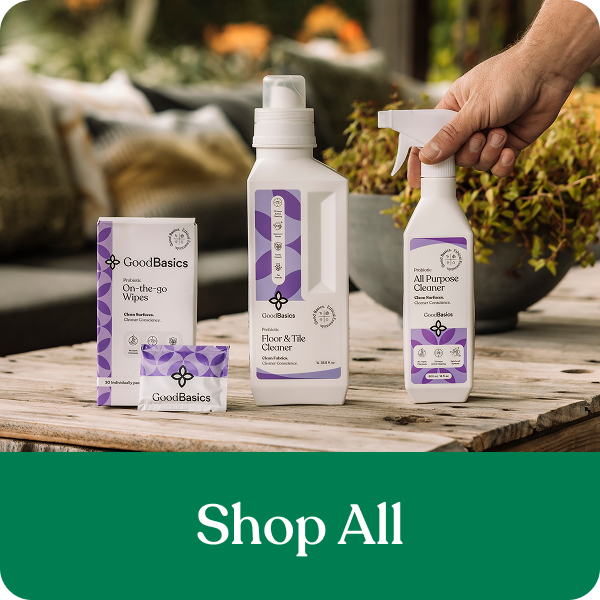
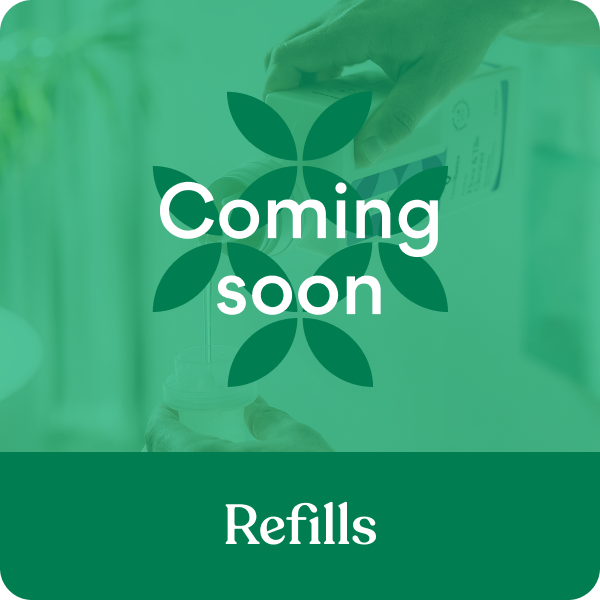
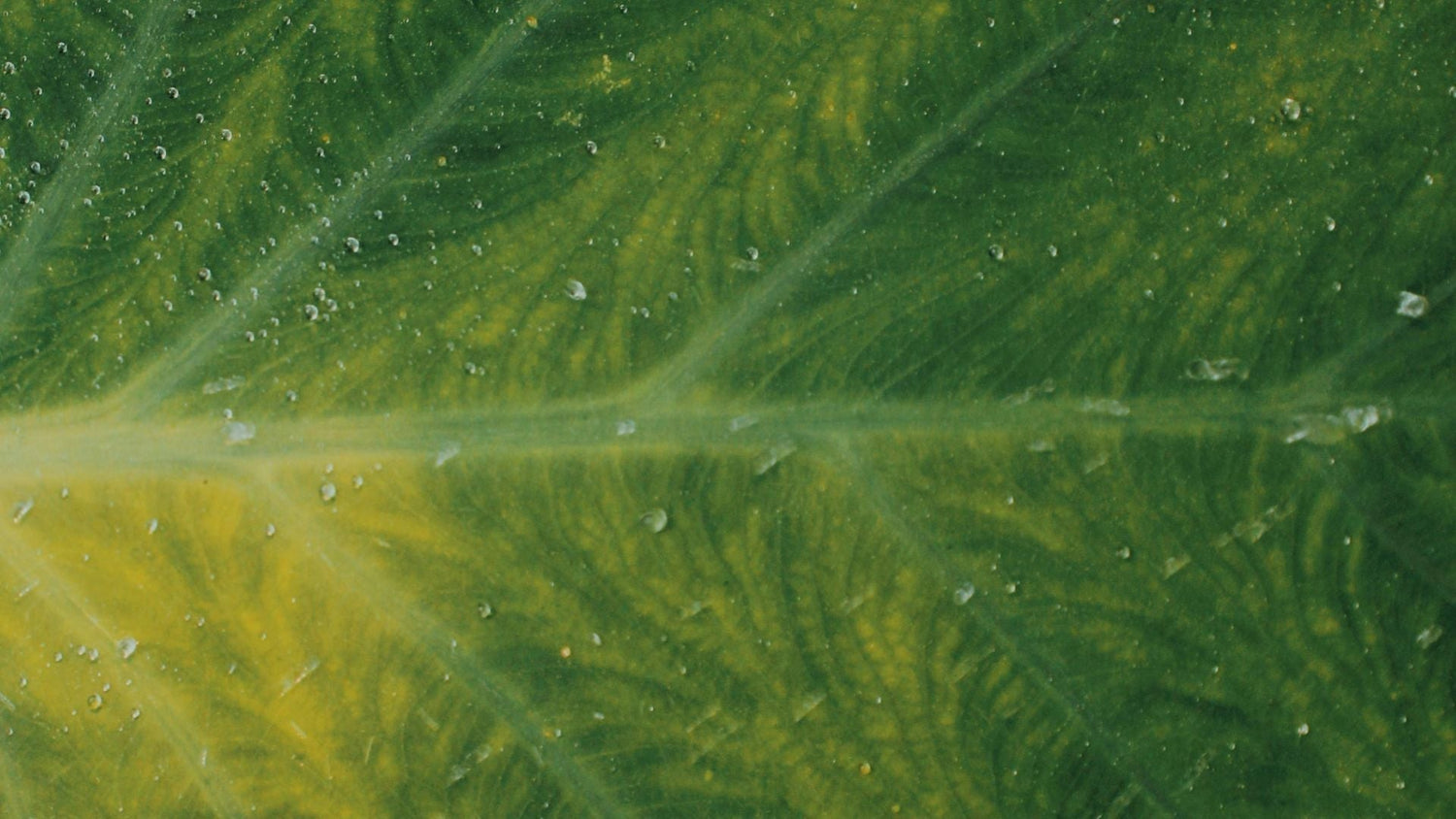
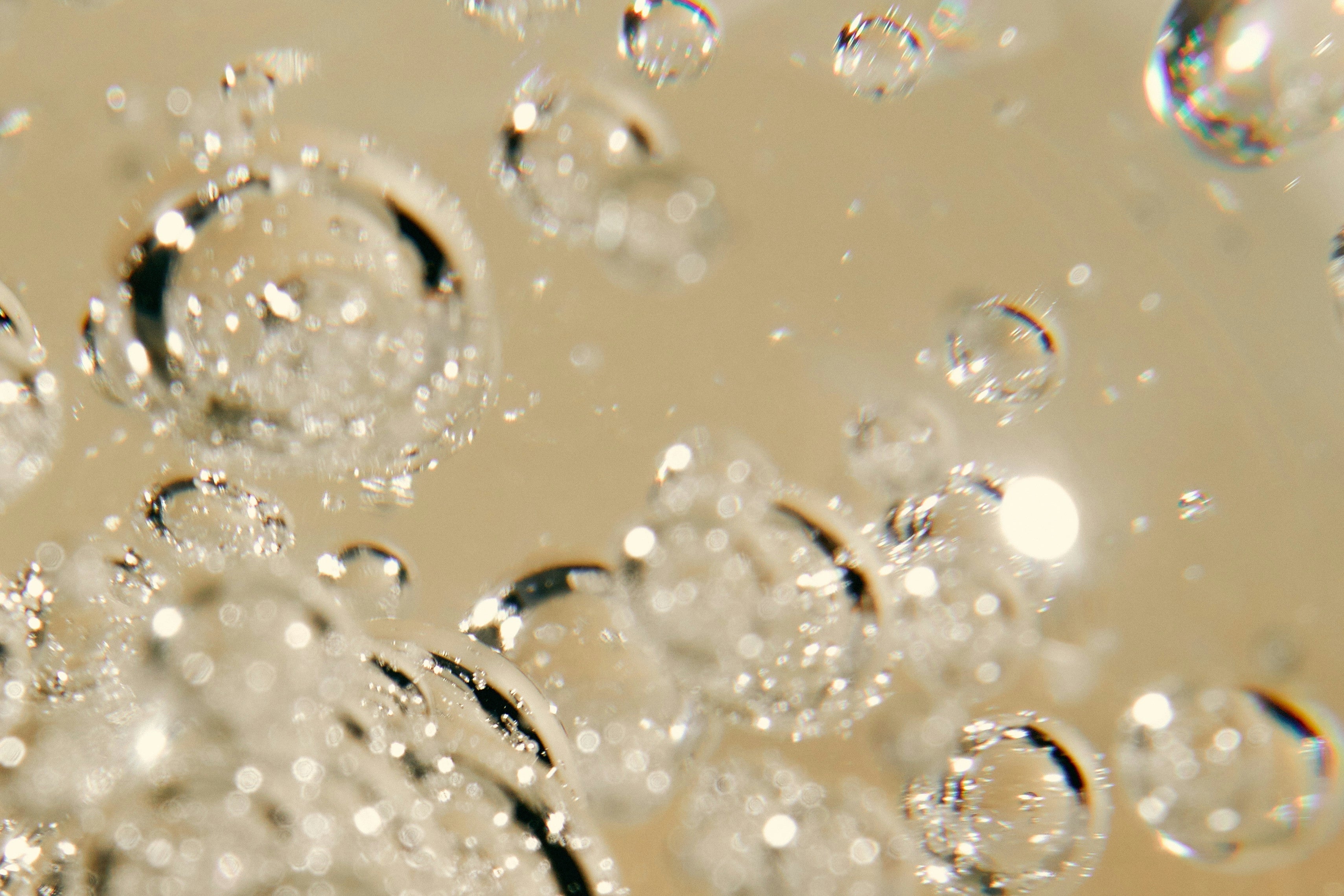
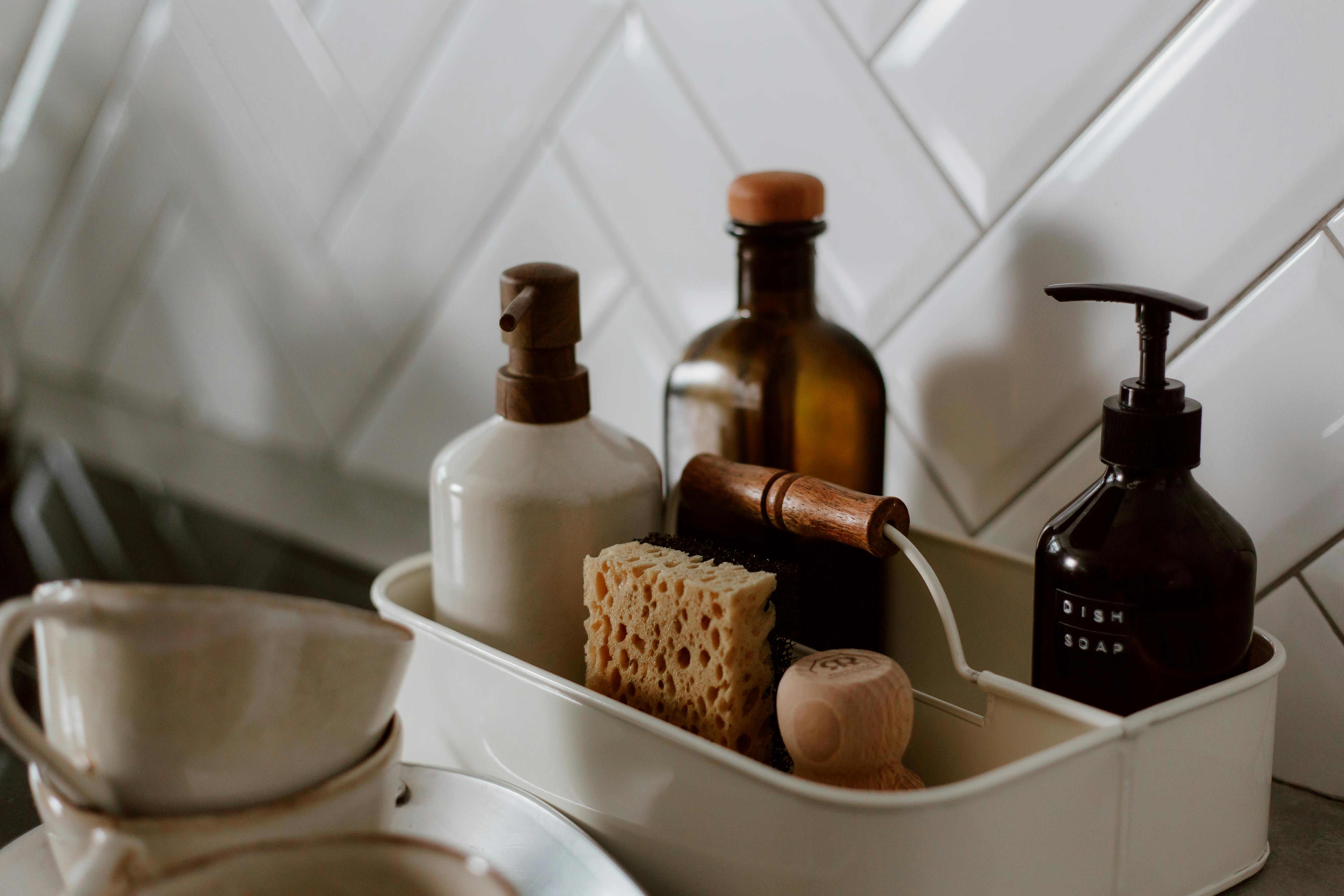
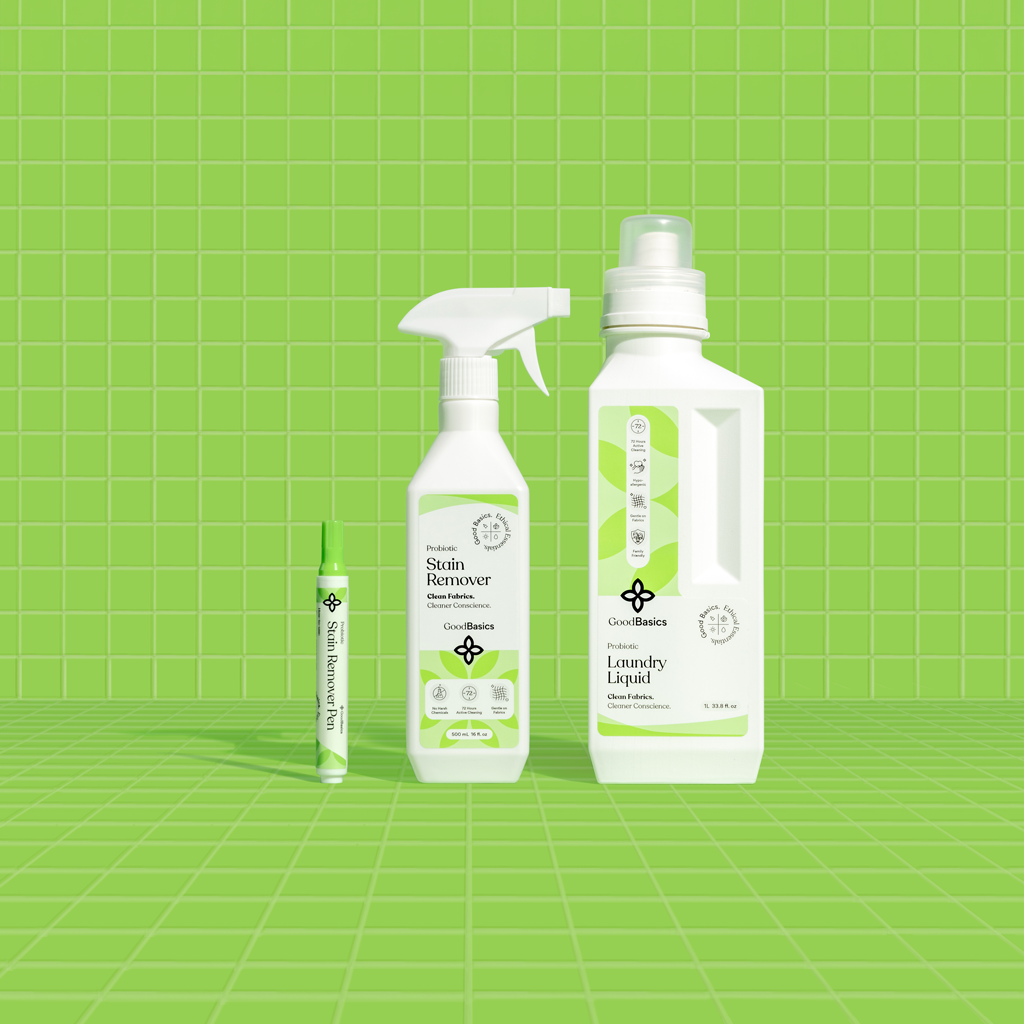
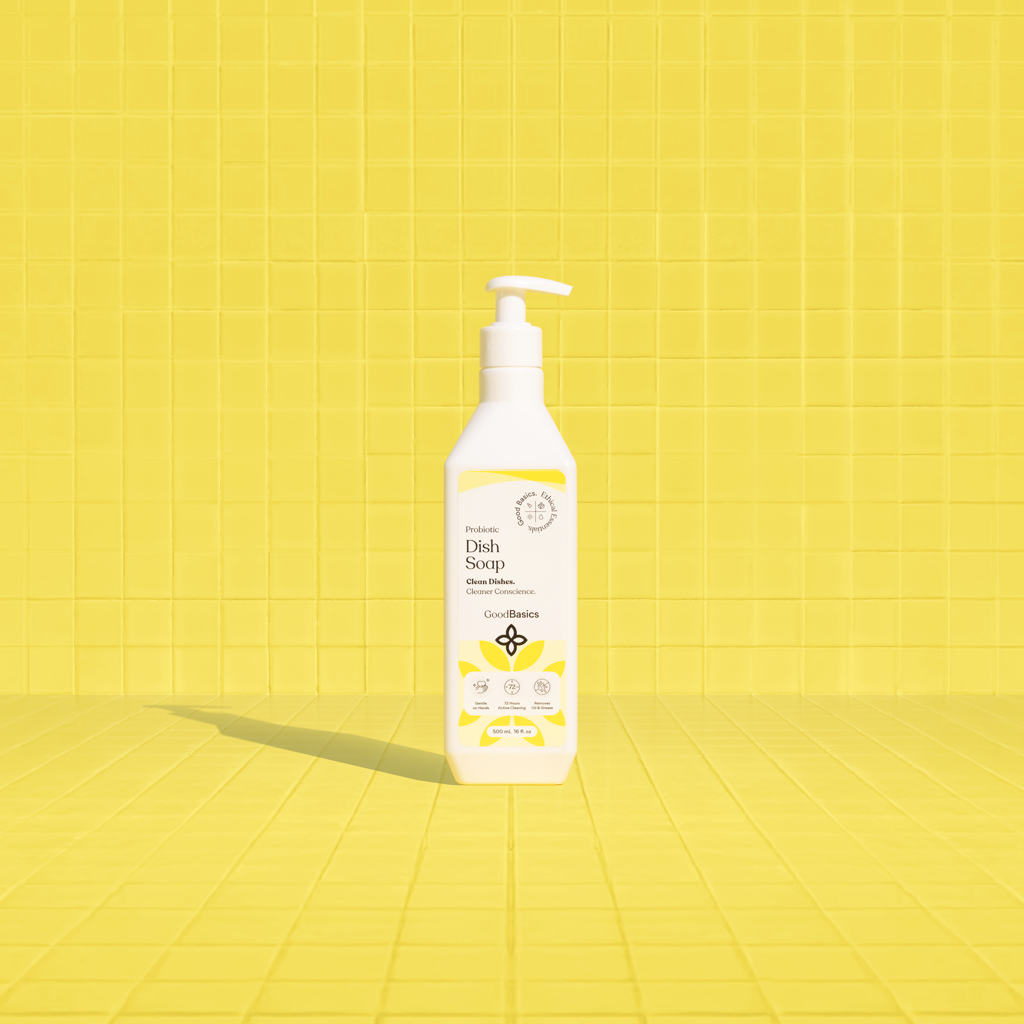
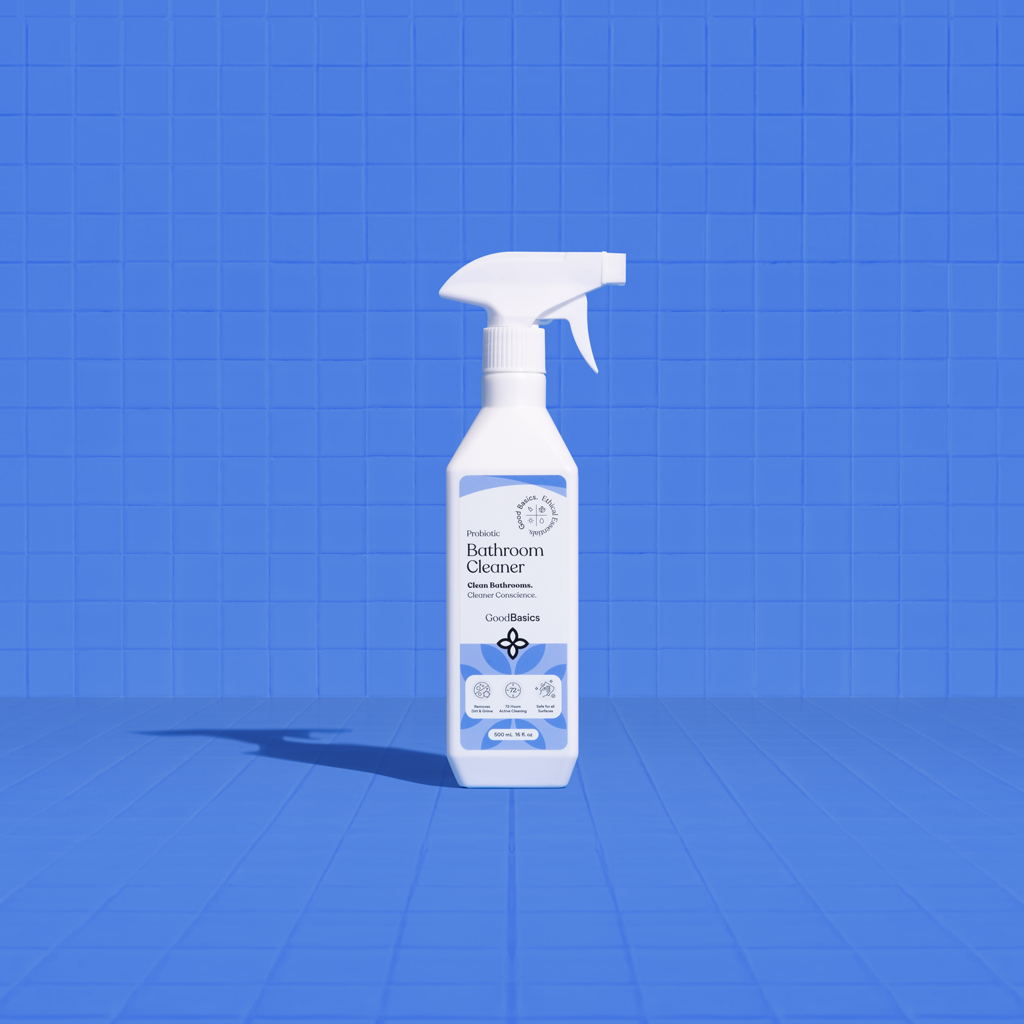
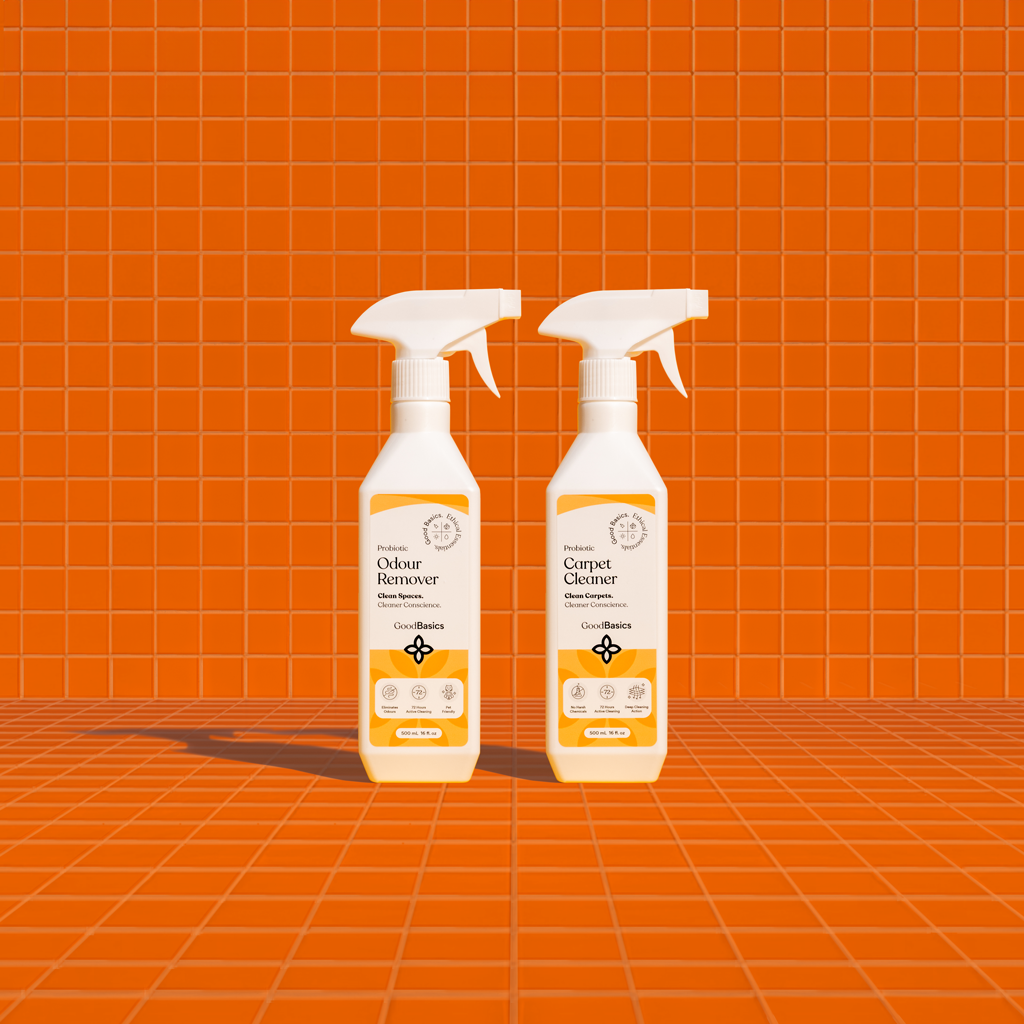
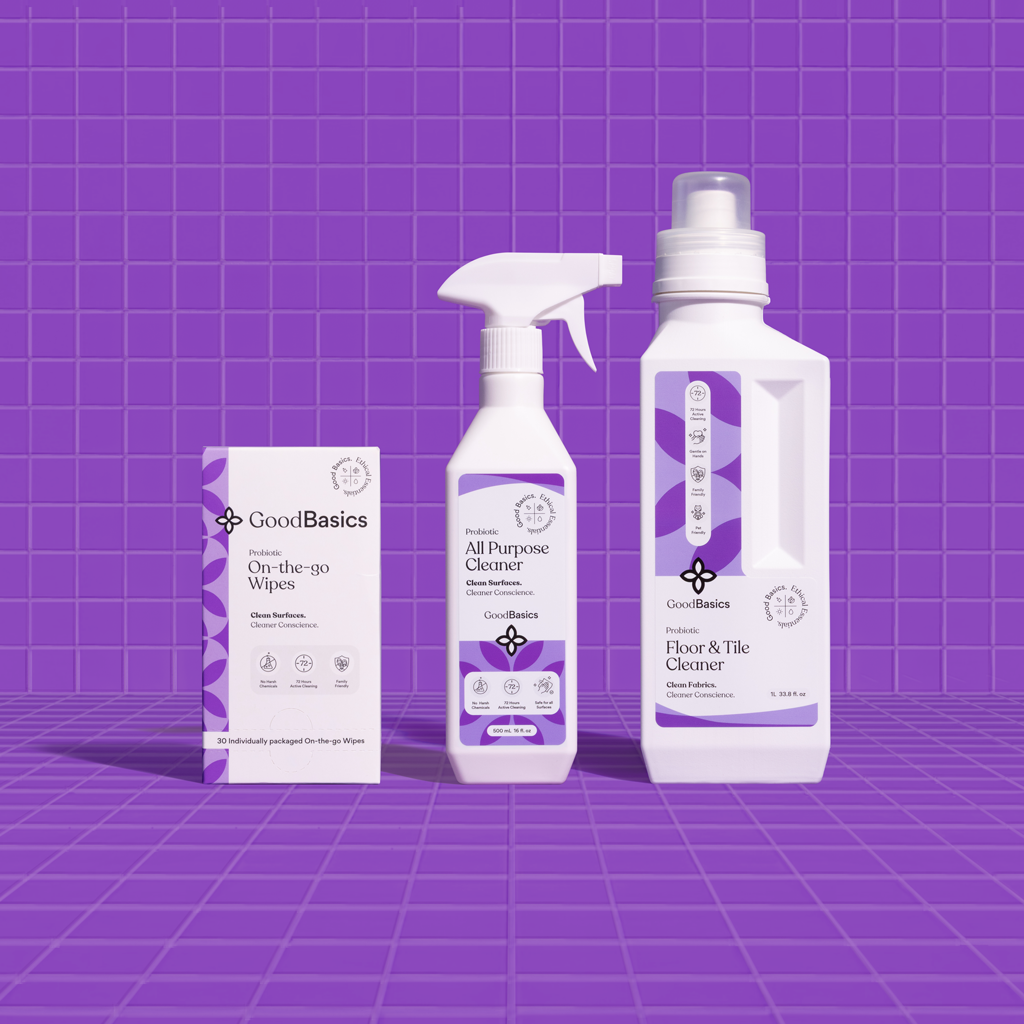
Leave a comment
All comments are moderated before being published.
All comments are moderated before being published.
This site is protected by hCaptcha and the hCaptcha Privacy Policy and Terms of Service apply.